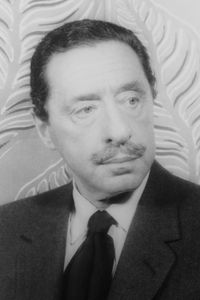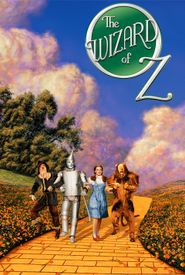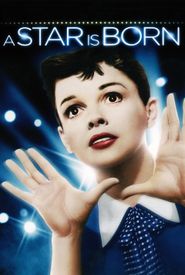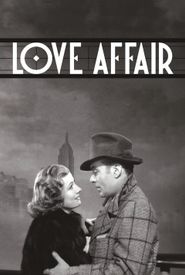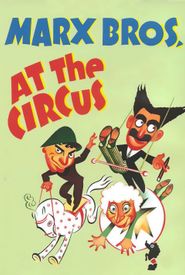No American songwriter has penned more superior songs than Harold Arlen, whose remarkable career spanned multiple decades and genres. Born into a musical family, with his father serving as a cantor, Arlen's early life was infused with the harmonies and rhythms of Jewish liturgical music. Despite his parents' initial disappointment, Arlen's passion for music prevailed, and he chose to forgo his high school education to pursue a career as a musician.
Arlen's early years were marked by stints with various dance bands, including the Buffalodians, which allowed him to escape his hometown of Buffalo and relocate to New York City. Although the band eventually disbanded, Arlen remained in the city, where he attempted to make a name for himself in vaudeville and on Broadway. It was during this period that he collaborated with lyricist Ted Koehler, and their partnership yielded the hit song "Get Happy," which marked Arlen's first significant success.
As Arlen's reputation grew, he became the staff composer for Harlem's Cotton Club, a renowned entertainment venue that showcased the talents of African-American performers, including the legendary Cab Calloway and Ethel Waters. During his time at the Cotton Club, Arlen and Koehler penned dozens of songs, including "I've Got the World on a String" and "Ill Wind."
Arlen's subsequent collaborations with E.Y. Harburg, including the iconic score for the 1939 film "The Wizard of Oz," further cemented his status as a master songwriter. His partnership with Harburg also resulted in celebrated specialty numbers for Bert Lahr and Groucho Marx, as well as two Broadway musicals.
In the 1940s, Arlen reached the pinnacle of his popularity, working alongside Johnny Mercer to create some of his most enduring hits, including "Blues in the Night," "My Shining Hour," and "One for My Baby (and One More for the Road)." Many of these songs were written for the movies, as Hollywood emerged as the primary market for songwriters.
As Arlen grew older, he became increasingly disillusioned with the music industry, feeling that his work was being wasted and that the rigmarole of show business was taking a toll on his personal life. Despite these challenges, his songs have continued to be celebrated and performed by a wide range of artists, including Judy Garland, Frank Sinatra, and contemporary cabaret singers and jazz musicians.
Throughout his career, Arlen's dedication to his craft and his ability to craft timeless, memorable songs have earned him a revered place in the pantheon of American songwriters.
